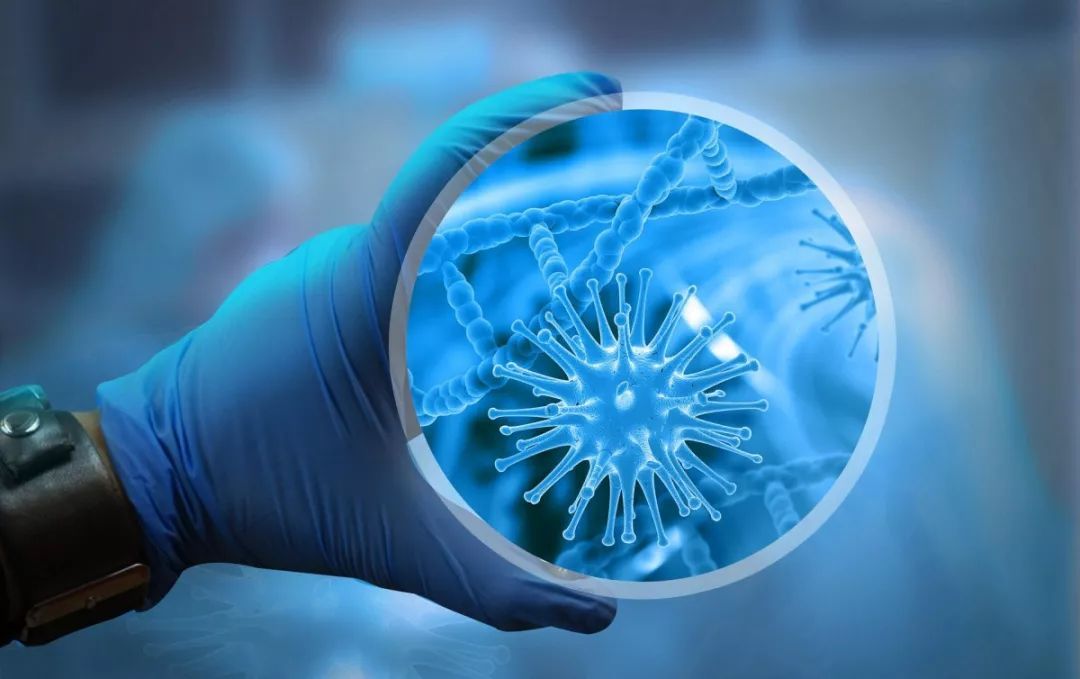您当前的位置: 新闻中心
搜索
- The NMPA quality system requirements are essential for medical device manufacturers seeking certification and approval for their products in China. The NMPA requires that manufacturers adhere to Good Manufacturing Practices (GMP) and implement a robust Quality Management System (QMS), typically based on ISO 13485. This includes compliance with design control, risk management, supplier management, documentation, and post-market surveillance requirements. Manufacturers must undergo periodic audits and inspections by the NMPA to maintain certification and ensure continuous compliance with regulatory standards.By establishing and maintaining a solid QMS, manufacturers can successfully navigate the NMPA certification process and ensure the ongoing safety and efficacy of their medical devices in the Chinese market.
- Manufacturers must ensure all required documentation, testing, and clinical trials (if applicable) are completed to avoid delays and ensure a smooth certification process.
- The NMPA certification process is a comprehensive and multi-step procedure that includes preparation, classification, submission of documents, clinical trials, testing, expert review, and post-market surveillance. It requires thorough planning, preparation of detailed technical documentation, and in some cases, clinical trials and product testing to meet Chinese regulatory requirements. Navigating this process effectively is crucial for obtaining and maintaining market access for medical devices in China.
- While NMPA certification ensures that a medical device meets regulatory standards at the time of approval, periodic evaluation is an essential part of the process to maintain ongoing compliance. Manufacturers must adhere to post-market surveillance, renew certification every five years, notify the NMPA of significant changes, and ensure that the device continues to meet safety and performance standards throughout its lifecycle.
- Understanding the general timeline for NMPA certification allows manufacturers to plan ahead and ensure that their medical devices are compliant with Chinese regulations before entering the market.
- By following these steps, manufacturers can successfully navigate the NMPA registration process and obtain approval to market medical devices in China.
- The quality standard requirements for NMPA certification of medical devices are stringent and multifaceted, involving a combination of ISO standards, Chinese national standards (GB), clinical data, and post-market surveillance. Manufacturers must implement a robust quality management system (e.g., ISO 13485) and comply with specific device testing and performance requirements to ensure safety and effectiveness.By adhering to these quality standards and working with local agents familiar with the NMPA’s requirements, manufacturers can navigate the regulatory landscape and achieve successful device registration in China.
- Navigating NMPA certification can be complex, especially for foreign manufacturers. It's crucial to work with local agents and regulatory consultants who understand the requirements and can guide you through each step.
.png)








